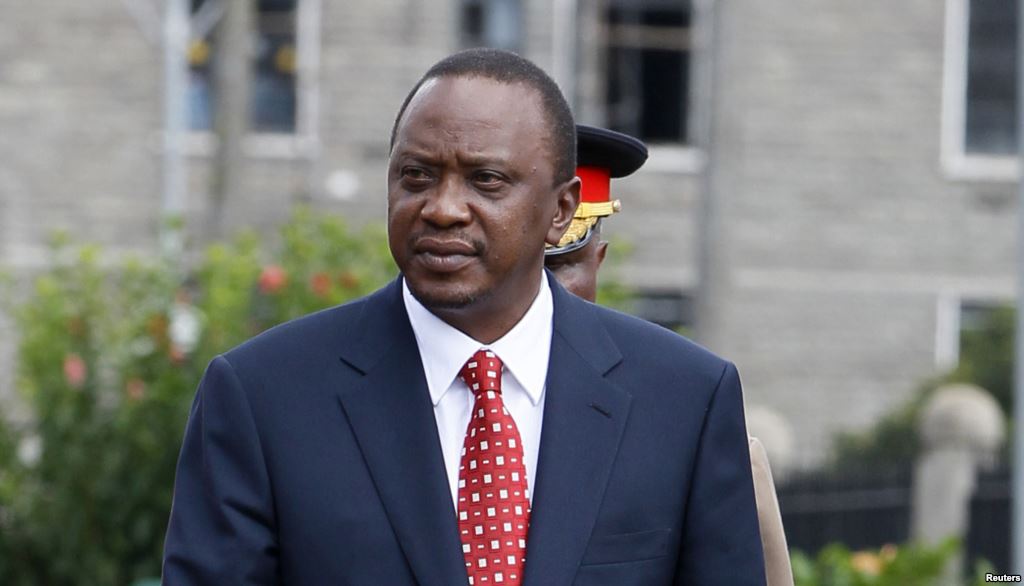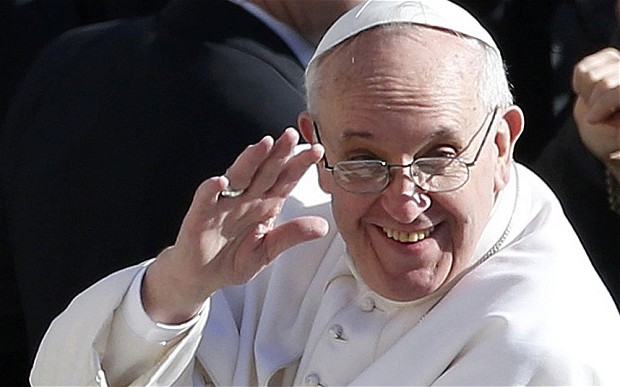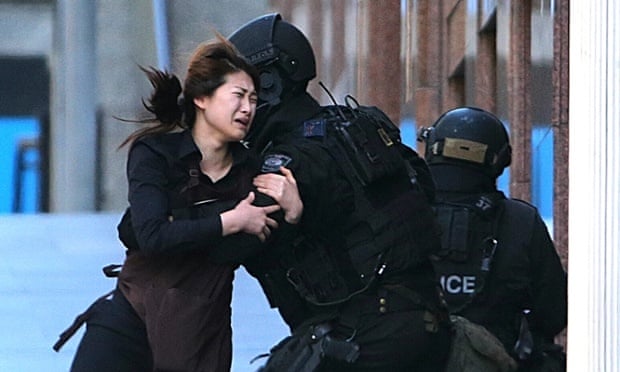Hundreds of protesters have gathered outside the country’s parliament
building in Kiev on Dec 23, 2014 to protest the extreme austerity measures as
the government plans to reduce the state budget by 10 percent. Up to 2,000
protesters rallied to demand the government not cut social benefits and abolish
subsidies and price controls on utility rates. Ukrainian PM Arseniy Yatsenyuk
is seeking financial aid from the IMF, World Bank and other financial
institutions. Ukraine has already received $9 billion (€7.35 billion), but will
need another $15 billion (€12.3 billion) next year.
Ukraine’s Austerity Measures
Ukraine’s government is in the middle of
implementing a set of stringent economic reforms agreed to in April with the
International Monetary Fund (IMF) in exchange for a $17 billion bailout. Kiev’s decision to implement painful austerity
measures during its own political turmoil leading to even more instability
and crisis.
Reforms that reduce corruption and cut government spending and
subsidies are necessary if Ukraine is ever going to come close to reaching its
economic potential. However, with a collapsing economy and an ongoing war, Kiev
needs a semblance of stability far more than shock therapy.
Ukraine is currently in economic free-fall. Despite
the economic crisis, the IMF’s loan requires Kiev to enact a series of policy
changes, all of which will accelerate the collapse of the economy and decrease
the purchasing power of ordinary Ukrainians. Ukraine government should make
cutbacks to reduce fiscal deficit. To meet this requirements, Kiev enacted a
series of laws raising excise and property taxes, reduced social income support
expenditures for retirees and public employees, frozen the Ukraine’s minimum
wage, cut public sector wages.
Furthermore, it also targets the energy
sector in which the government has to increase natural gas and heating tariffs
for consumers by 56 percent and 40 percent in 2014, and by 20 to 40 percent
annually from 2015 to 2017. As gas prices rise dramatically, gas subsidies to
end users will be terminated over the next two years. In addition, National
Bank of Ukraine has also applied a floating exchange rate for its national
currency, the hryvnia, ending its fixed peg to the dollar. Both businesses and
consumers have difficulty servicing their dollar-denominated loans. The
country’s entire banking system is at risk of wholesale default.
Why Austerity Program Will Not Help the Situation
The austerity program will not ease the
situation in Ukraine. Majority of Ukrainians have opposed the decision. The
policy would further alienate the people in Donbass, the restive eastern region
currently hosting the worst fighting. If the country will ever be put back
together, the people of the east must feel that Kiev takes their concerns into
account. Unfortunately, by implementing austerity when industrial output has as
of July declined by 29 percent year-on-year in Donetsk and a whopping 56
percent in Luhansk, the government in Kiev provides just the opposite message
to the east.
The Donbass is heavily industrialized.
However, the IMF’s mandate that Kiev slash the large energy subsidies provided
to its energy-inefficient Soviet-era factories and mines in the Donbass. It results
in the region’s economy facing a double whammy from both war and the cutback in
financial support. This in turn could raise unemployment in the Donbass, which
is not exactly a recipe for promoting reconciliation.
Austerity
measures are part of the package of the Government’s decision taken to resort
to the IMF’s aid to avoid the economy’s default. Yet, The Ukrainian
government’s decision to deal with the IMF is a mistake that will bring about
the country’s economy bleaker in the future.
A Lot of Bad Examples Around to
Look at for Ukraine
Nevertheless, Ukraine is not the only country which has taken the
wrong path overcoming the crisis with IMF’s receipt. A number of repeated
histories should have made the Ukrainian government take more precautions in
dealing with the IFIs. The debt crisis crippling the Latin American economies
and Africa in 1980s and Asian Crisis in 1990s showed that external borrowing is
not the key to growth neither the panacea for crisis.
Like other banking institutions, the World Bank and IMF also seek
for profits through giving loans. Interest rates and a number of policy
recommendations are imposed potentially meddling in the domestic affairs of a
country giving the IFIs opportunities to strengthen its foothold in the
countries’ politics and economy. Moreover, the influx of capital in form of
loans only creates the countries’ illusion of self-sustained development and
encourages further unsustainable debt.
Since its establishment, the IMF and the World Bank envision
aid/external borrowing and investment as the condition for growth. Accompanying
such a vision, a government should do a number of “adjustments” or austerity
measures such as cutting off public spending or subsidies, privatization of
assets, and some regulation reforms to make the country more appealing to
investors.
Many developing countries have undergone this process coming to an
endless further economic hardship. The IFIs defender might blame the flaws of
domestic policies and corruption done by debtors’ government. However, would
neoliberal approach ever be compatible with the non-neoliberal structure having
immature society? Moreover, the IFIs did support and were engaged with corrupt
and dictator regimes. The institutions did neither suspend the debts nor
revising its policies knowing the regimes corrupting the aid.
The fact shows that once a country receives the credit from IMF
and World Bank, it has the tendency to depend on them on the following years.
More than 70 countries have relied on IMF for 20 or more years; 24 countries
have depended on IMF credit for 30 or more years. Consider Kenya and Jamaica as
examples. Interestingly, countries that discontinued its relations with IMF and
the World Bank, either totally or partially, experienced higher economic growth
than that of the countries continue to repay external debt, and won back
significant degree of autonomy vis-à-vis the donor countries. Take Singapore as
a model.
Furthermore, the IMF’s bailing out economies create moral hazard
both for investors and the debtors signaling IMF will come to rescue for each
crisis and therefore resulting in risky behaviors of both by investors and
governments. Ukraine needs all helps it
can get to ease their situation, but not the IMF kind of help.
















